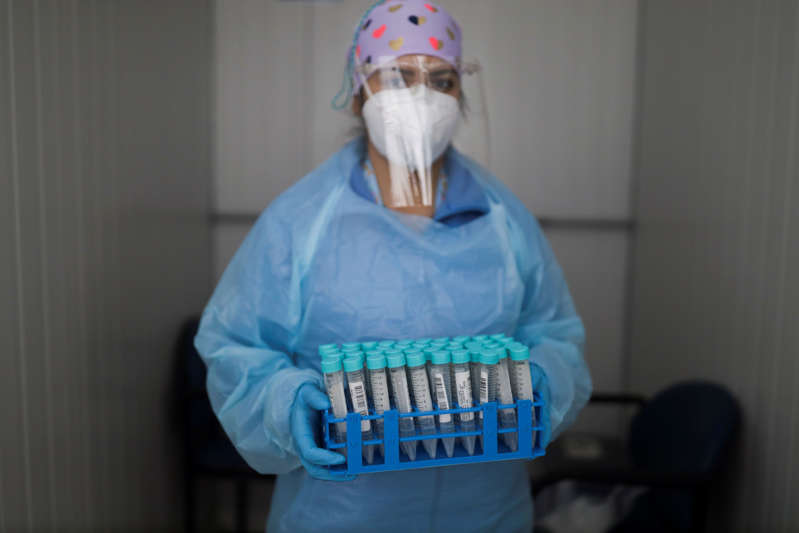
People infected with the Indian variant of the coronavirus infection are twice as likely to be hospitalized as those infected with the British strain. This was reported by specialists from the public health service of England (PHE) and the University of Cambridge, their research was published in the journal The Lancet.
The study was conducted from March 29 to May 23 this year. Experts studied the data of 43.3 thousand patients with COVID-19 in England. Of these, 8.6 thousand people were infected with the “delta” strain of coronavirus, 34.6 thousand with the “alpha” strain. The average age of the subjects was 31 years.
The study showed a higher risk of hospitalization or emergency treatment for those infected with the delta variant of the coronavirus compared to those infected with the British strain. Scientists have warned that the outbreak of the Indian variant of COVID-19 among the population not vaccinated against coronavirus infection will put a heavier burden on the health care system.
According to Sky News, most of the attendees were not vaccinated against COVID-19. According to study author Gavin Dubrer, the vaccine can protect against the 'delta' variant of coronavirus infection, and since this variant accounts for more than 98 percent of infections in the UK, “it is vital that those who do not receive two doses of the vaccine , did it as soon as possible. “
On August 25, the World Health Organization (WHO) announced that the coronavirus would become endemic in India. According to a representative of the organization, the country has entered the stage of “endemicity”, when the transmission of the disease has become characteristic only for certain regions. At the moment, outbreaks of infection are recorded in those areas that were least affected by the second and third waves of COVID-19.

